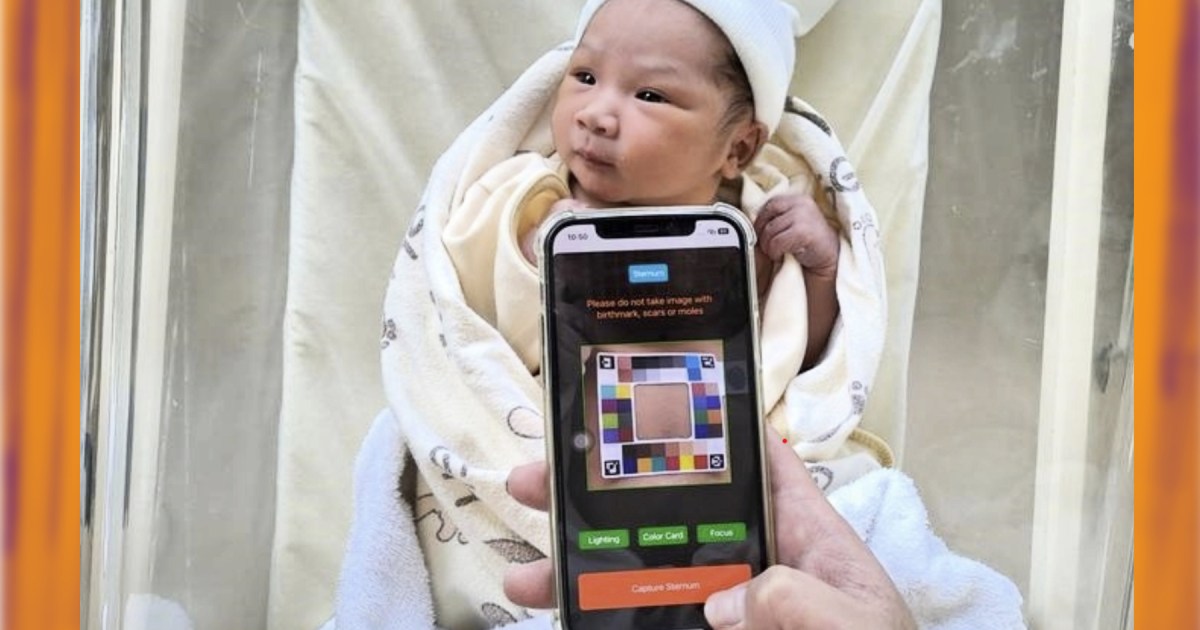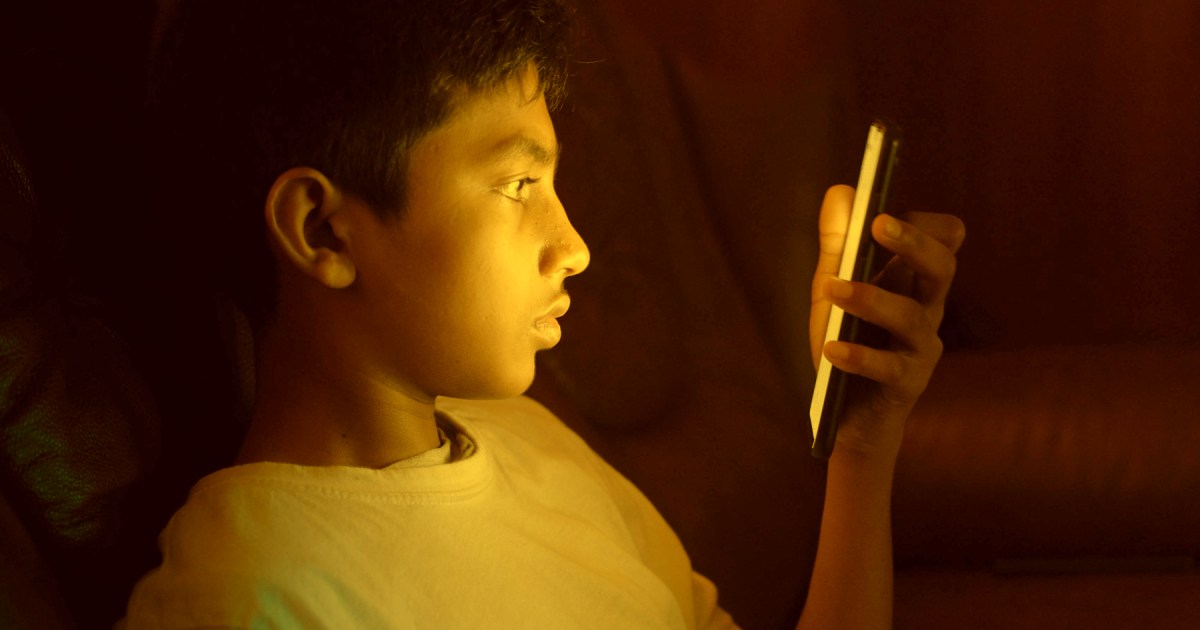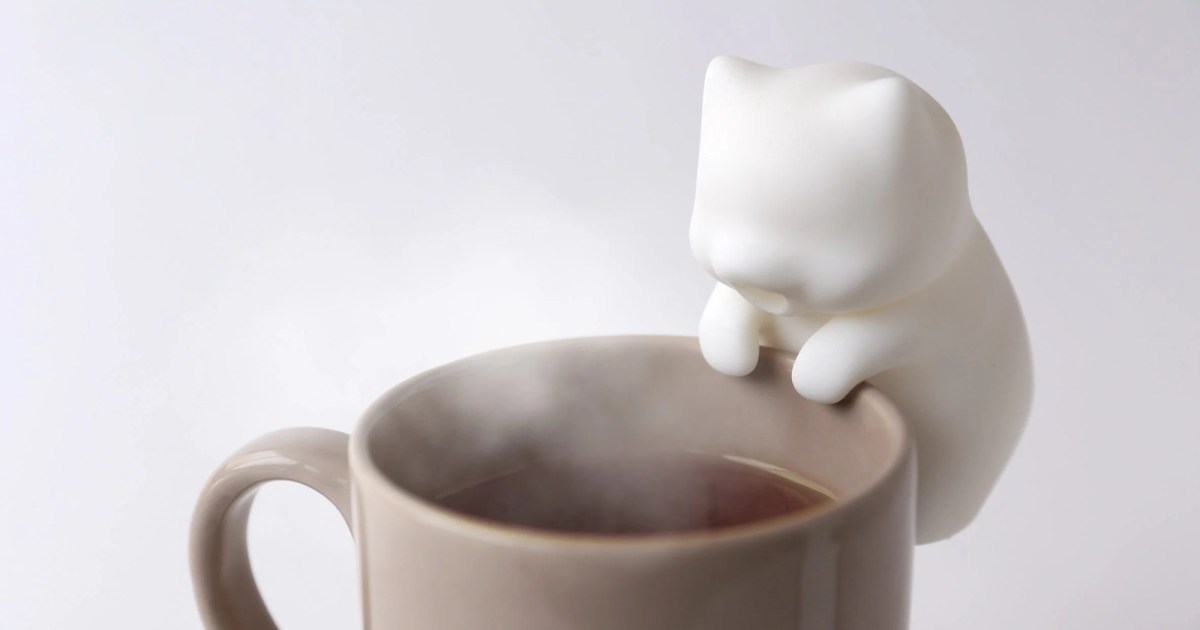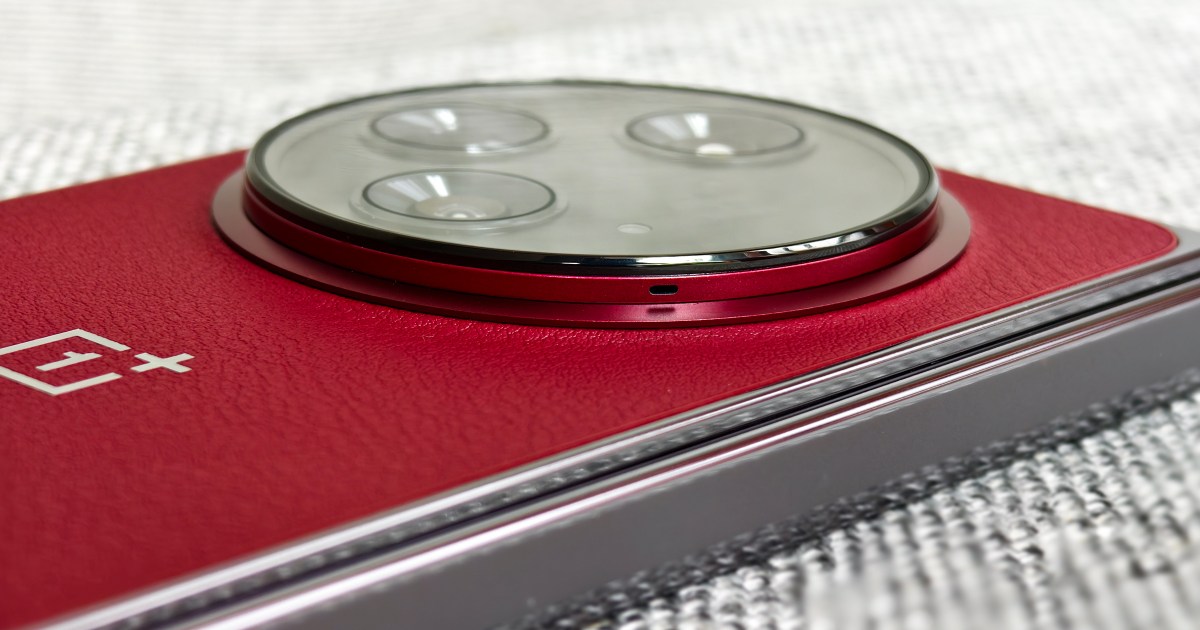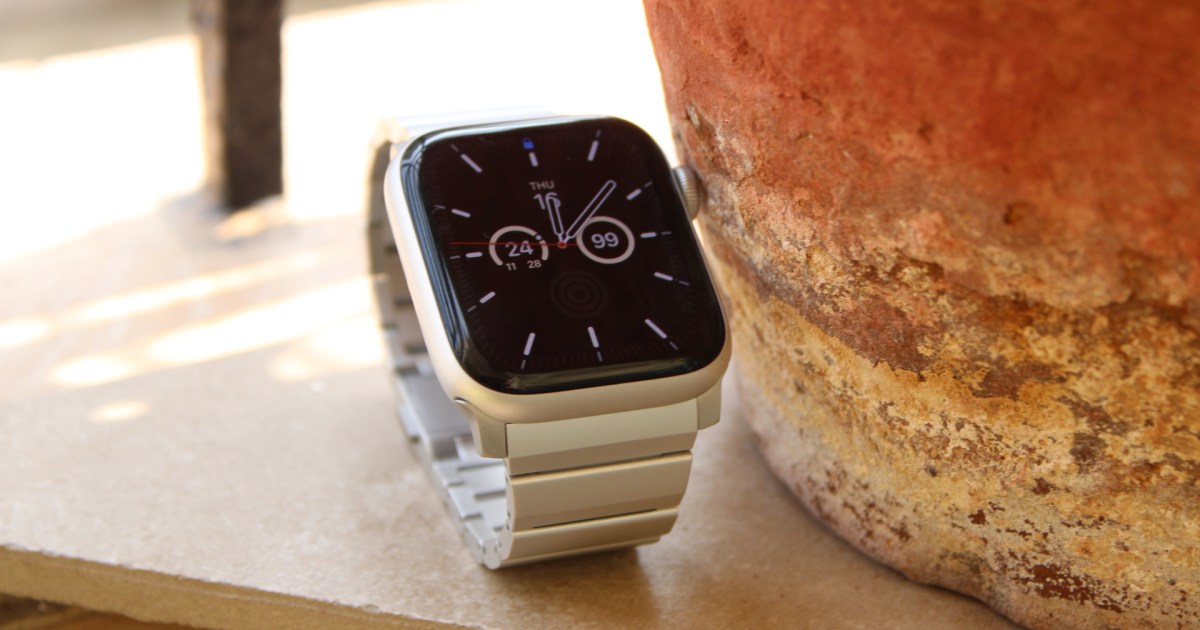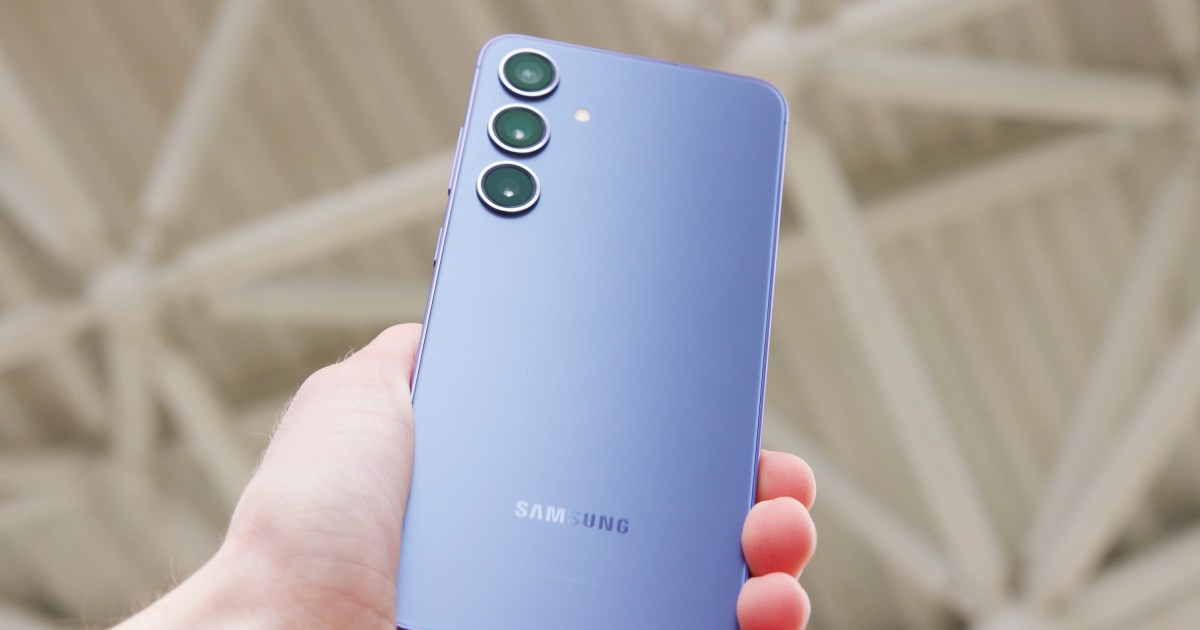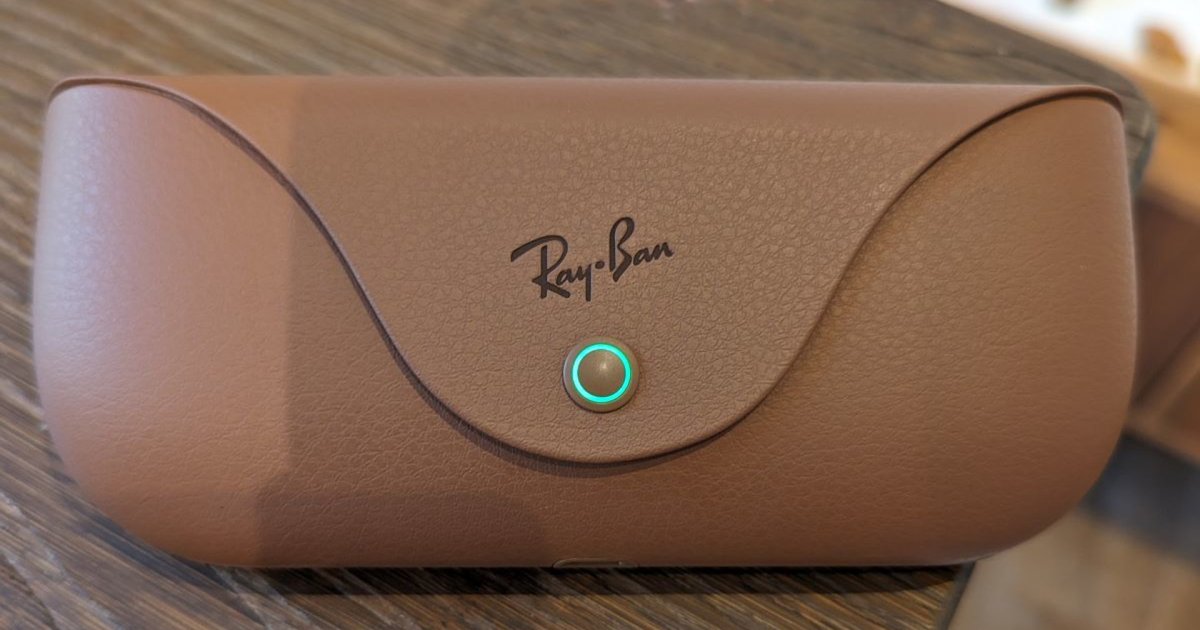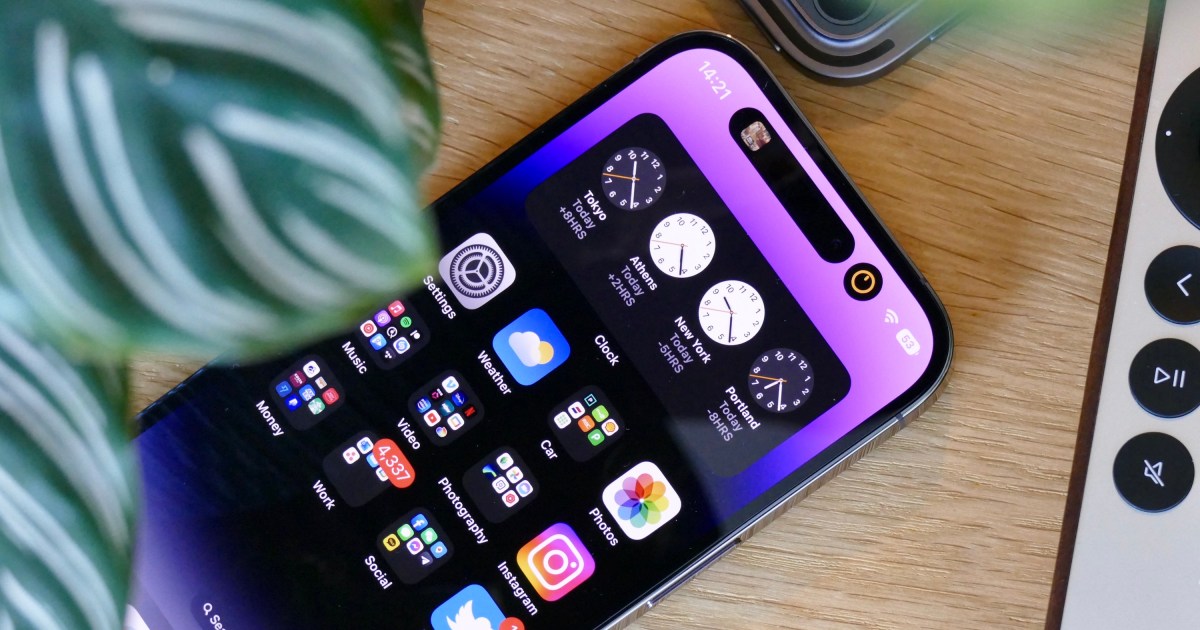AI continues to revolutionize healthcare, with recent advancements impacting areas from cancer detection to drug discovery. A new AI-powered app developed by Singapore General Hospital (SGH), SingHealth Polyclinics (SHP), and HealthTech agency Synapxe offers a convenient way for parents to screen their newborns for neonatal jaundice (NNJ).
This innovative app, a first for Asian skin tones, has shown remarkable accuracy. According to Polyclinics SingHealth, the app’s results are comparable to existing NNJ testing methods, demonstrating 100% sensitivity. Developed over two years through rigorous clinical studies involving infants under 21 days old, the app, named BiliSG, uses a machine learning model to analyze skin color in areas like the chest, forehead, and abdomen.
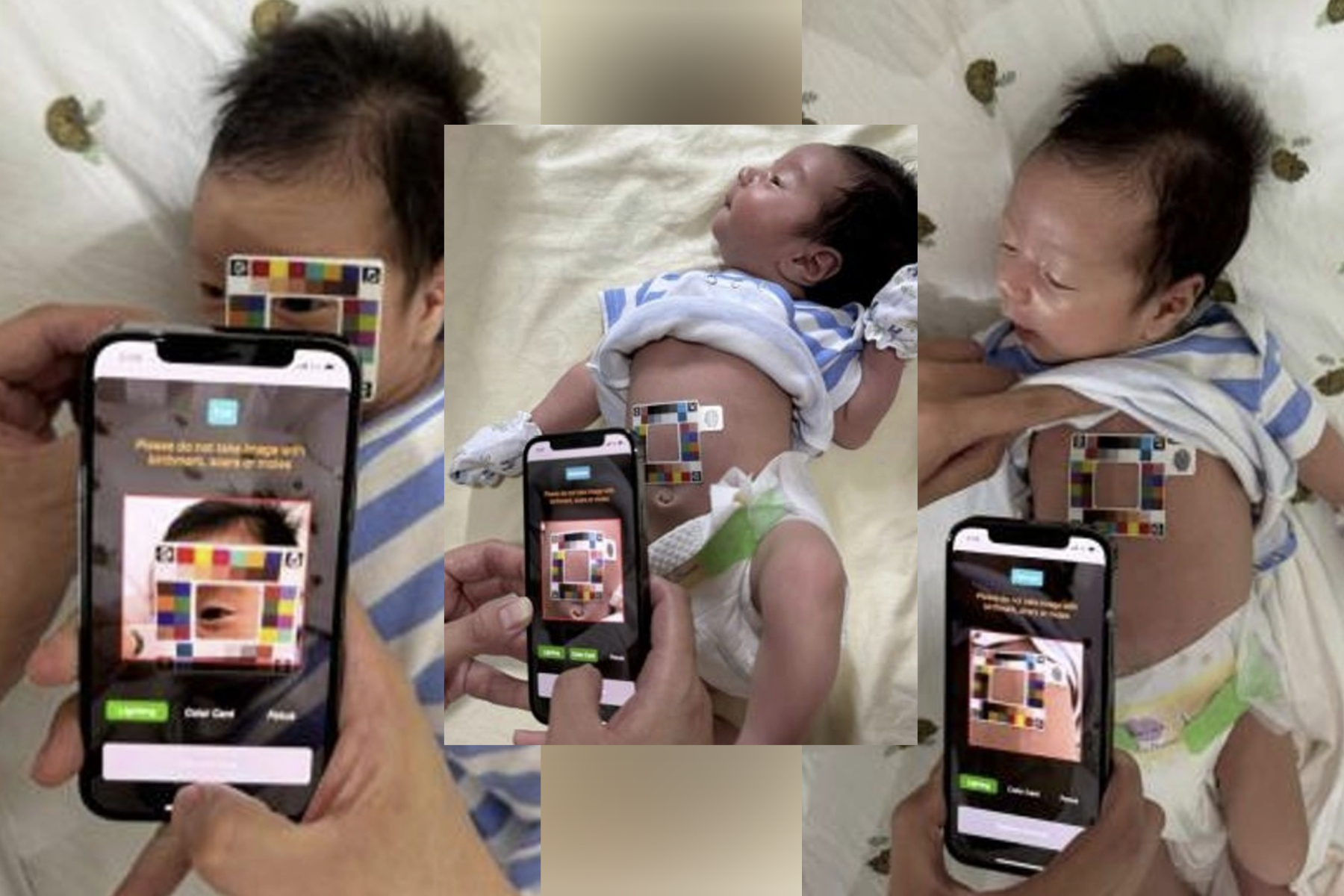 Mobile app looking for pale skin signs.
Mobile app looking for pale skin signs.
Bilirubin, a yellow byproduct of red blood cell breakdown and a component of liver-produced digestive fluid, is the namesake of the app. In jaundice cases, excess bilirubin leaks into skin tissue, causing a yellow discoloration. BiliSG empowers parents to monitor for NNJ signs at home, reducing the need for frequent hospital visits.
NNJ affects approximately 60% of infants, with higher rates among premature babies. While the body typically regulates bilirubin levels, unchecked jaundice can lead to severe complications like permanent brain damage, developmental delays, and motor disabilities.
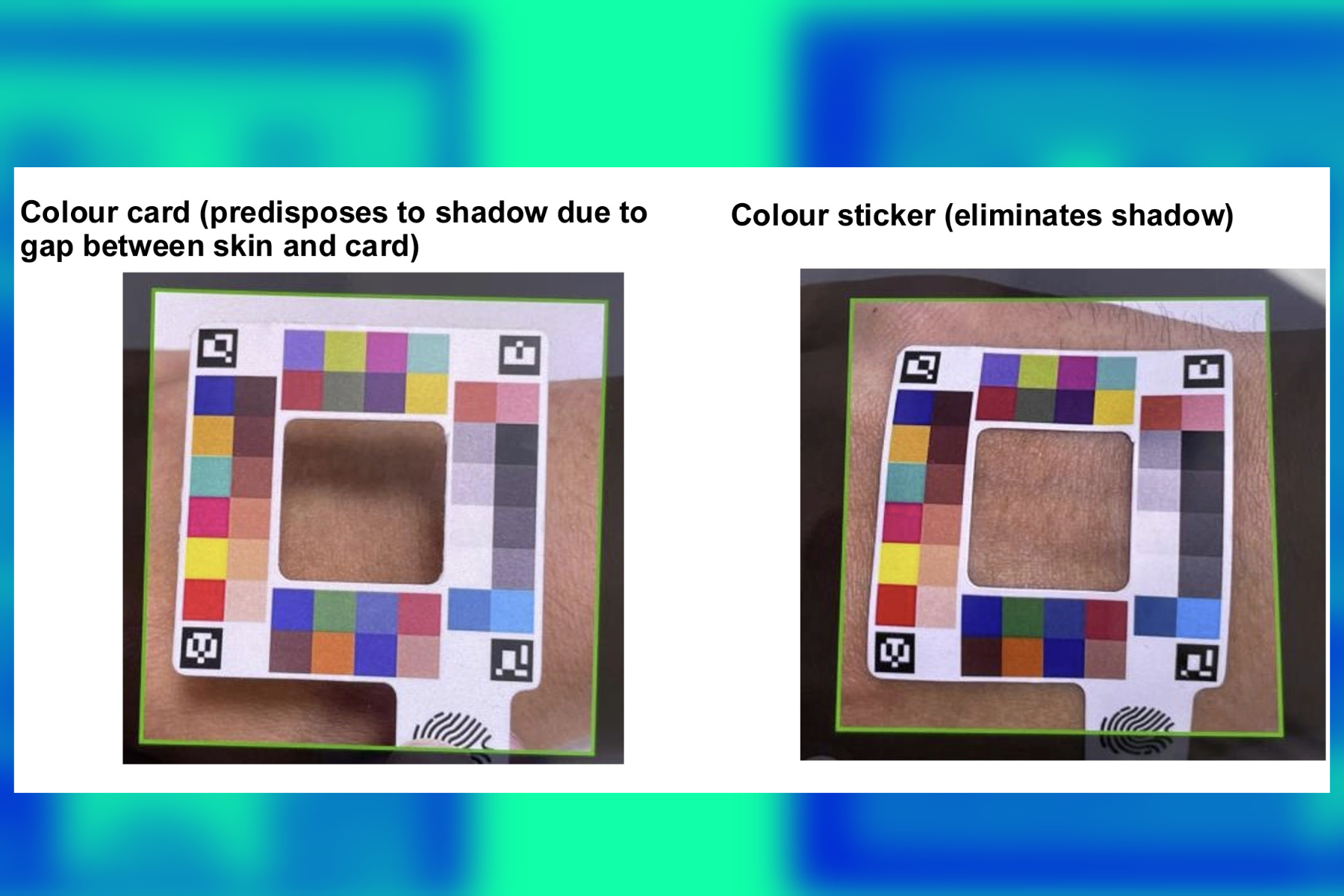 A sticker that readies skin patch for jaundice analysis.
A sticker that readies skin patch for jaundice analysis.
Medical research experts involved in the project highlight the potential of BiliSG to transform infant brain health protection. By facilitating convenient home monitoring with parental involvement and telemedicine supervision by family doctors, the app offers a significant advancement in NNJ management.
Parents simply photograph the skin area within a specially designed color calibration sticker. This sticker minimizes reflections, corrects light intensity, and accounts for temperature variations, ensuring accurate analysis. The development team is currently refining the app through further validation.
Initially tested on an iPhone 12, the team plans to expand compatibility to other smartphone models, including Android devices. This expansion requires addressing various factors, including camera resolution and lighting conditions.
The ongoing development focuses on enhancing the app’s robustness and reliability in real-world settings beyond clinical environments. Furthermore, the team prioritizes user-friendliness, particularly for parents and caregivers who may lack the technical expertise of medical professionals.
For more detailed information, the full research paper is available here.



